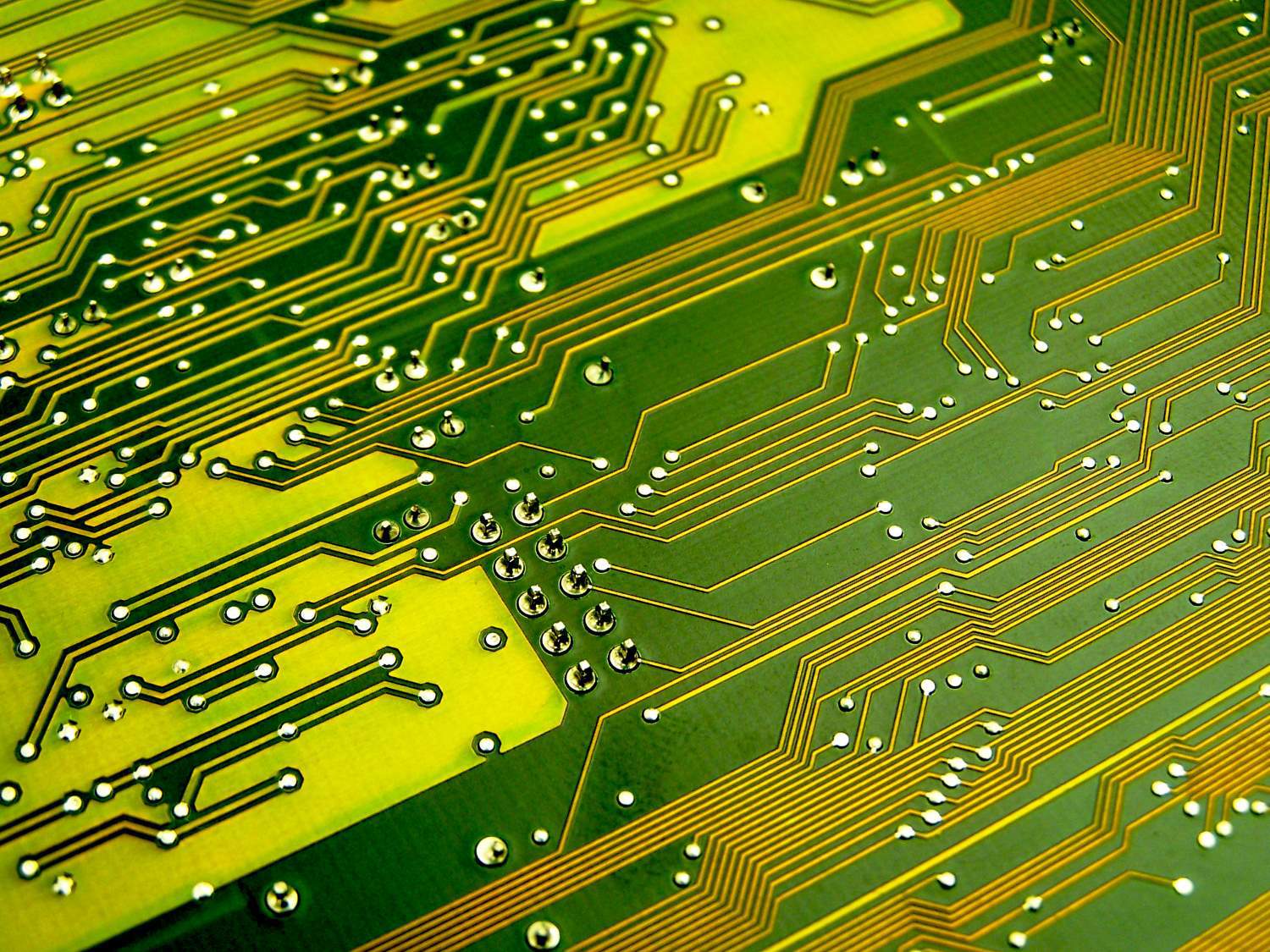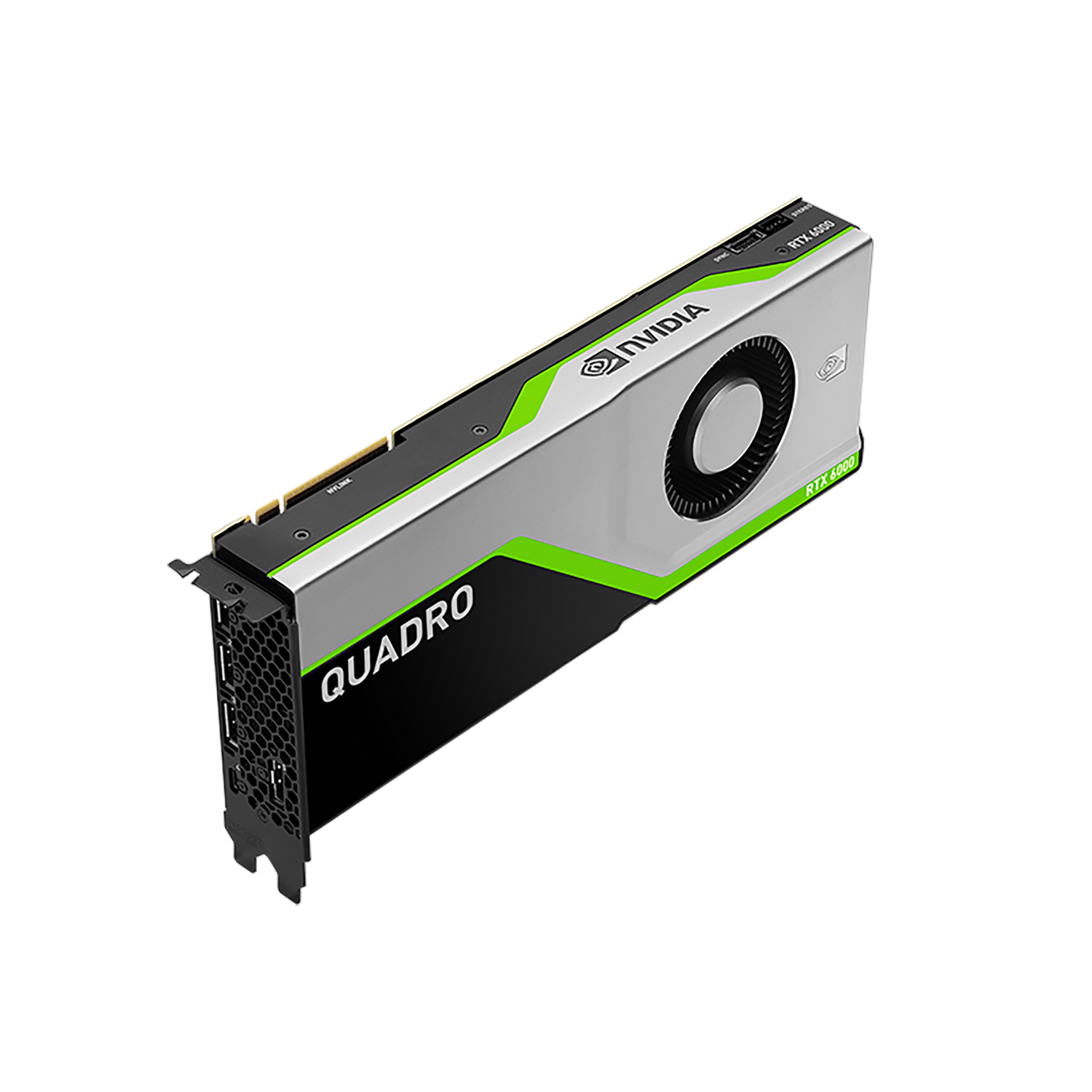Donation facilitates research on industrial issues
2021-06-14

The research group will use this particular graphics card, Quadro RTX 6000, in research on how wavelet neural networks can be used in combination with multidisciplinary optimisation.

Wavelet is a mathematical method for synthesising and compressing data so that computation time can be reduced. Neural networks are a collective name for self-learning algorithms that try to mimic the function of biological neural networks. Algorithms that mimic neural networks can solve problems in relation to information extraction, pattern recognition, self-organisation, non-linear optimisation, etc.
“By compressing information, we can train more advanced neural networks that are intended to provide answers to various problems,” explained Magnus Bengtsson, Associate Professor of Product Optimisation.
Multidisciplinary optimisation is an area that originates in optimisation in the aviation industry, where weight optimisation is a major challenge.
“In our research, we use this method to be able to combine different optimisations that differ when it comes to disciplines; for example, a transport flow in one process can be one discipline and inventory volume another discipline,” he explained.
“Now we can use this graphics card to perform parallel calculations to speed up the calculation of multidisciplinary optimisations which are generally time-consuming.”
Magnus Bengtsson sees the donation as very significant.
“This is partly because it signals acceptance of our research questions and partly because we have received the donation from Nvidia Corporation, which is a world leader in processor development.”
The research group is now looking forward to soon being able to present its research results in order to create the conditions for future research projects.
Read more news from the research group Industrial Engineering & Management (Only in Swedish)

